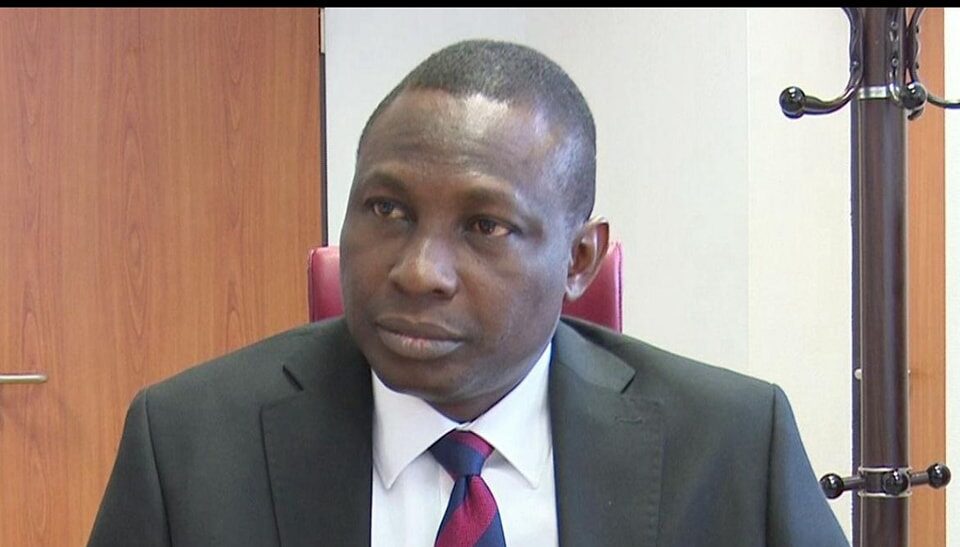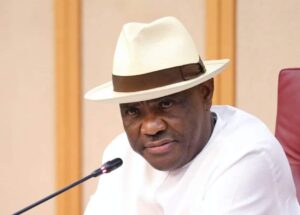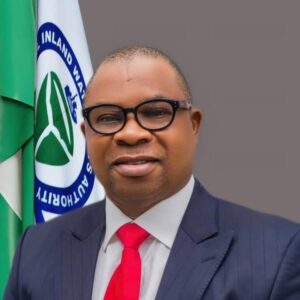


EFCC to monitor govt funds through IPPIS access
The Executive Chairman of the Economic and Financial Crimes Commission, Ola Olukoyede, has announced that the commission has been granted access to the Integrated Personnel and Payroll Information System to monitor government disbursements.
According to Olukoyede, this access will enable the EFCC to track all disbursements and ensure proper utilisation.
Speaking during a visit by the Senate Committee on Anti-Corruption and Financial Crimes to the commission’s headquarters in Abuja on Monday, Olukoyede sought the cooperation of the senators, emphasising that the EFCC would be monitoring their constituency projects.
He said, “We now have a relationship with the Accountant General’s Office. We have been given access to IPPIS. We want to monitor the releases and track where the money goes. So, I am pleased to inform you, distinguished members of the Senate, that we will be monitoring your constituency projects. I hope you will cooperate with us. There will be no problem. We will monitor the allocation, and I believe you will also help us champion this cause.”
Olukoyede also revealed that he was working on acquiring software to monitor and investigate virtual currency trading in the country, stating that Nigeria was losing billions of dollars to unlicensed cryptocurrency trading.
He added, “If you want this work to progress, there’s software I’m trying to procure, specifically to investigate cryptocurrency and virtual currency trading, which is a major issue for us. The lowest bid we received is 3.4 billion naira. Just for one piece of software. And I can tell you that we are losing several billions of dollars through unlicensed cryptocurrency trading in Nigeria.
“We are in discussions with the SEC and the CBN. We have developed regulations, and we need to prepare to monitor tax payments. The revenue that should come to the government – if we do our job properly – will not be less than 5 billion dollars annually from trading in some of these virtual currencies.
“We can’t achieve that without the software. Some of these traders do not have offices in Nigeria, and we don’t even understand what is going on. So we need the software to monitor every penny traded.”
Recalling the investigation into the military during the arms procurement scandal, Olukoyede noted that some of the insecurity issues the country faces today were linked to corruption in that area.
He said, “One of the critical issues contributing to our current problems is corruption. Some of the money allocated to certain infrastructure projects has been diverted, or, upon its application, we don’t get value. I was Chief of Staff when we first investigated the military during the arms procurement scandal. Some of the insecurity issues we are facing today are likely attributable to corruption in that sector. We did a lot then, and we are still grappling with the issue of insecurity.”
He also urged citizens not to criticise the EFCC for investigating cybercrime, pointing out that Nigeria loses $500 million annually to internet fraud.
He said, “People should not criticise us for tackling cybercrime cases. You need to understand what Nigeria is losing through the actions of these young men. When some of us travel abroad, they show your green passports, take us aside, and even use dogs to sniff us. It’s not something to rejoice about. I am baffled when I see legal professionals criticising us for investigating and prosecuting cybercrime. We don’t understand how anyone could object to tackling a crime that has caused us to lose over $500 million in one year.”
Regarding the extractive industry, Olukoyede said the EFCC had made arrests and would soon charge the suspects in court.
He added, “We are focusing on the extractive industry, and we are serious about it. Very soon, some individuals will be charged in court. We are also examining various aspects of our economy.”



